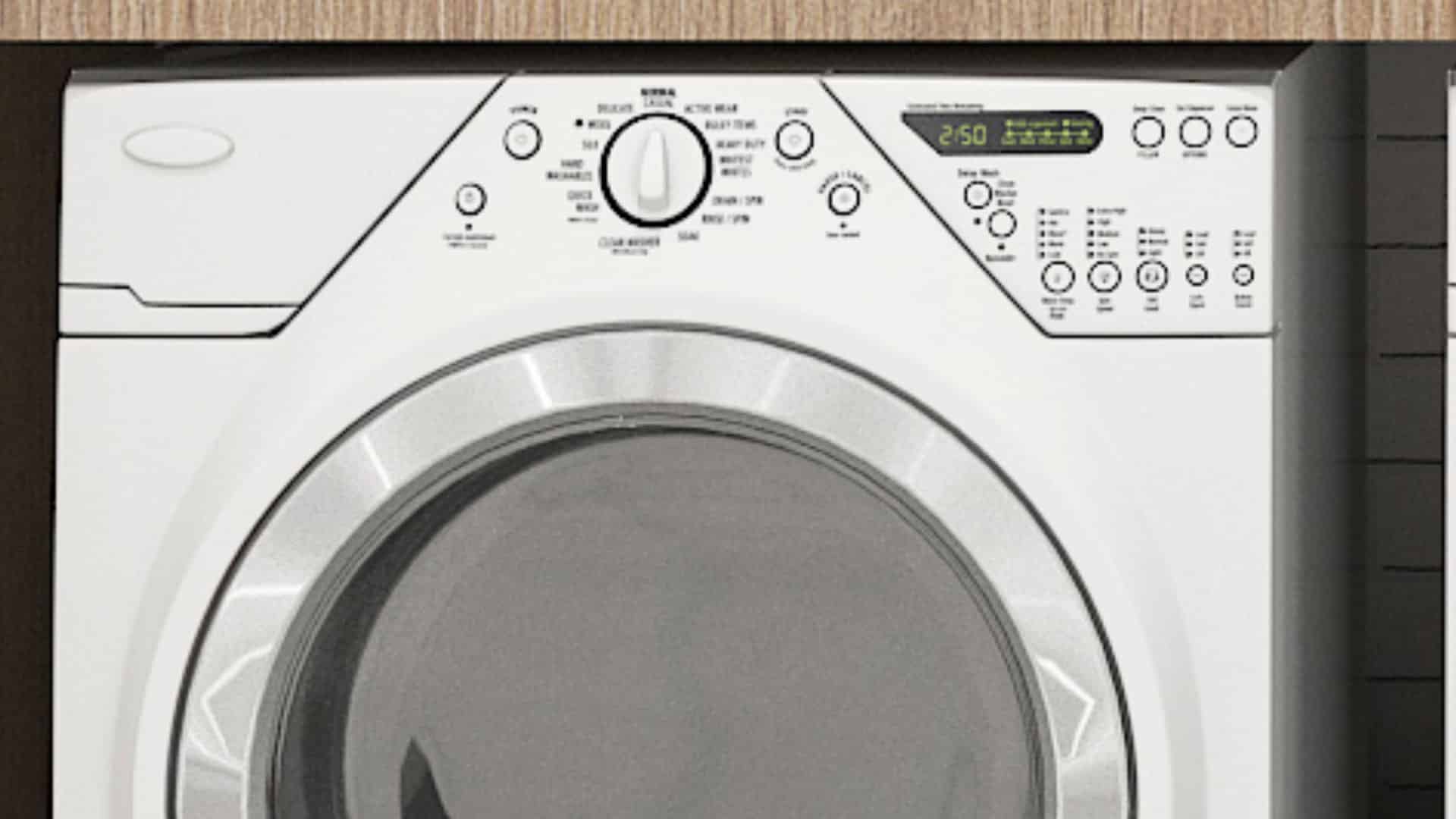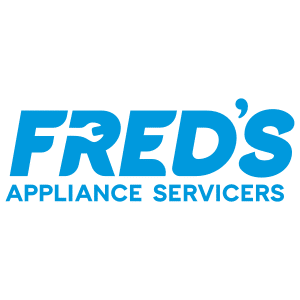Are you thinking about upgrading your kitchen appliances in the near future? Over the past ten years, more and more consumers are opting for stainless steel kitchen appliances. Its brilliant brushed chrome appearance combined with a superior level of strength and durability makes it an ideal choice for refrigerators, dishwashers, ovens and microwaves. But there are both advantages and disadvantages associated with stainless steel kitchen appliances.
Before we start, it’s important to note that stainless steel is not a naturally occurring metal, meaning it’s made by combining multiple metals together to create an alloy mix. Stainless steel typically contains a minimum of 10.5% chromium, along with other metals and elements such as carbon, nitrogen, copper and nickel. This is necessary to create a strong, durable metal that’s capable of performing
Stainless Steel Kitchen Appliance Pros:
- Beautiful modern appearance that’s simply not found in other metals and materials.
- All of the major appliance manufacturers have embraced the use of stainless steel, making it easy for consumers to locate them.
- Stainless steel appliances are strong and able to withstand many years of use without showing signs of wear or damage.
- Resistant to rust and water damage.
- Fitting your home with a full set of stainless steel kitchen appliances may raise its overall selling value.
Stainless Steel Kitchen Appliance Cons:
- Shows fingerprints and smudges (note: this isn’t a huge problem, but families with small children may discover tiny fingerprints on their appliances).
- Costs more than kitchen appliances manufactured with other materials.
- Cleaning stainless steel kitchen appliances isn’t always an easy task. While they are strong and resistant to corrosion, they tend to show even minor amounts of dirt and dust.
- Another ‘minor’ disadvantage is the fact that some (not all) stainless steel appliances are not magnetic. So, why is this a problem? If you choose a refrigerator that’s not magnetic, you won’t be able to place magnets on the door.
- The biggest disadvantage associated with stainless steel kitchen appliances is the cost. The average cost for a SS refrigerator, for instance, is roughly $2,000, whereas a titanium model costs half that much.
Stainless steel kitchen appliances have become a popular choice among consumers. Their bold, modern appearance combined with their resistance to rust and corrosion are just a few of their attractive features. However, their price and susceptibility to smudges may deter some consumers.
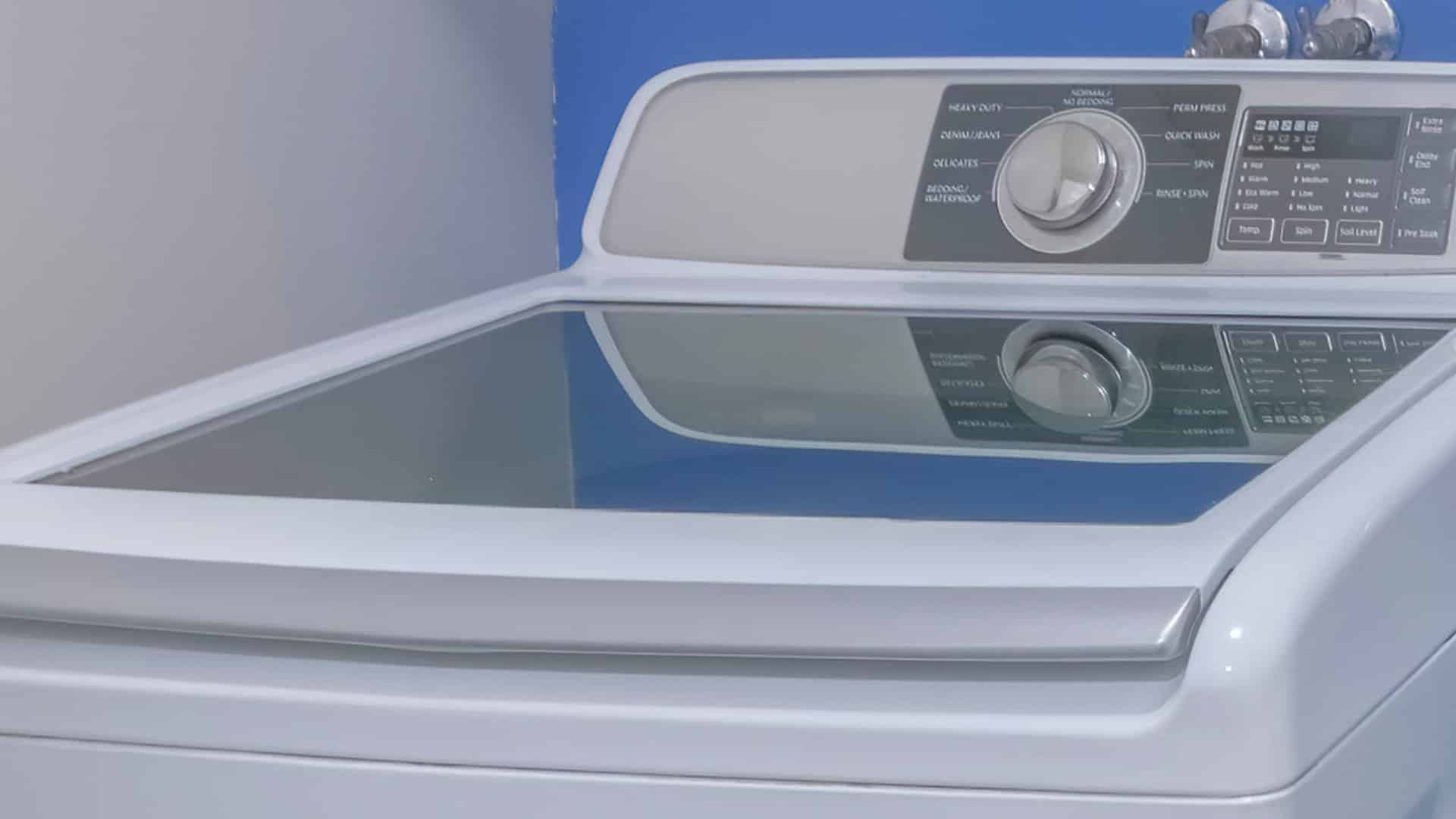
How to Fix the nF Error Code on a Samsung Washer

Kenmore Elite Dryer Issues: How To Troubleshoot
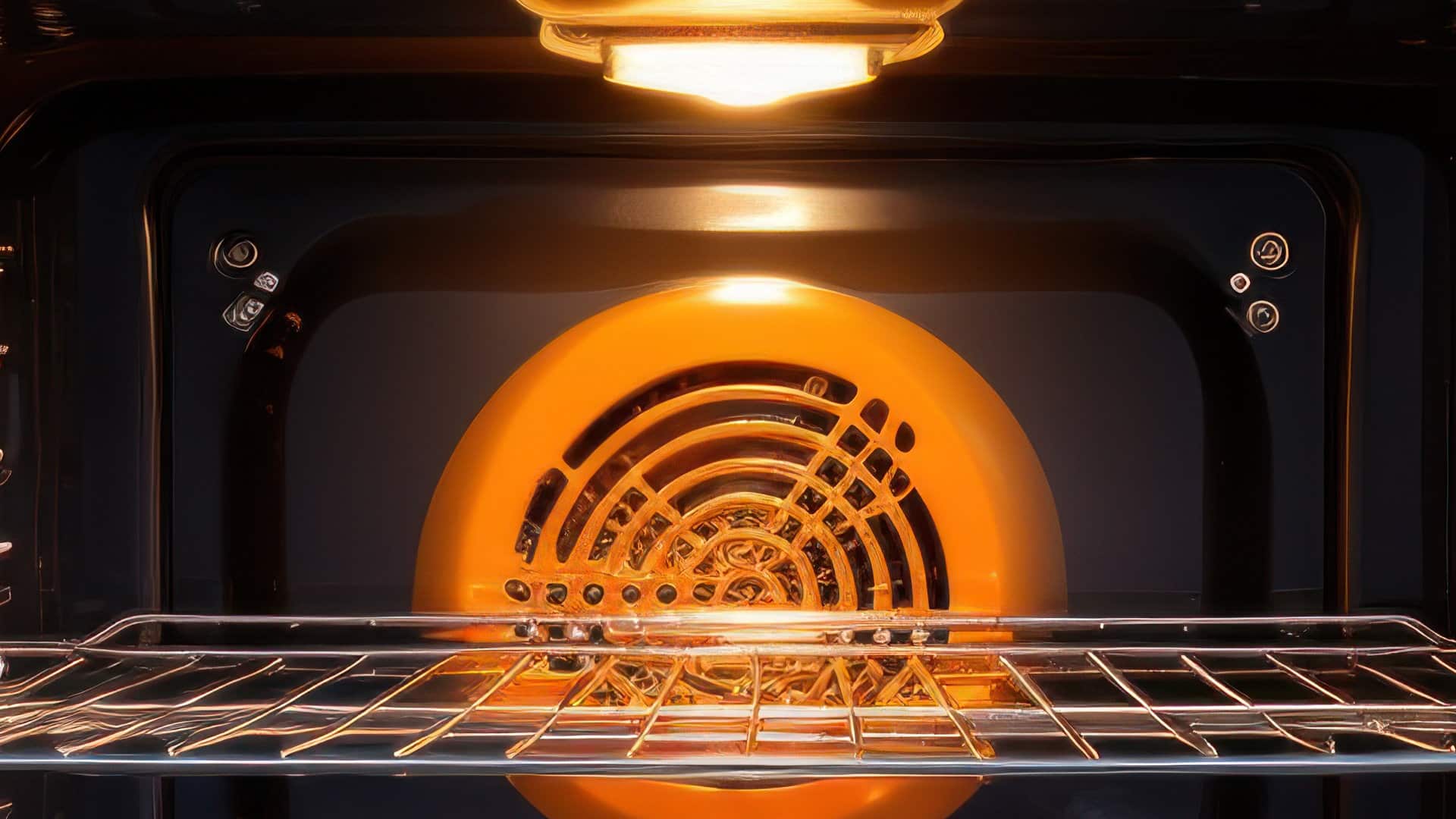
Microwave vs. Oven: Pros and Cons and How They Differ
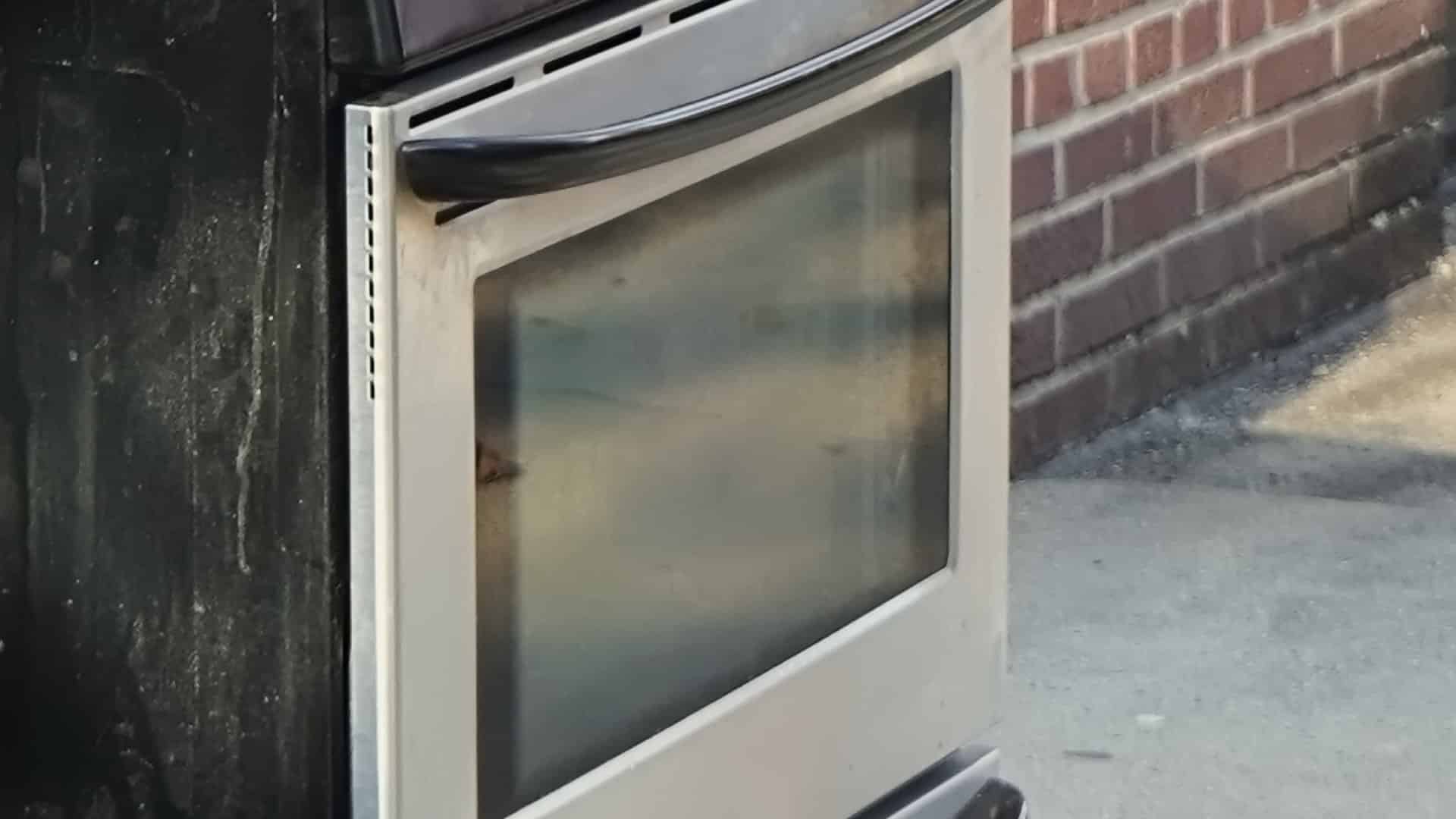
Self-Cleaning Oven Smell: Causes & Odor Reduction Tips
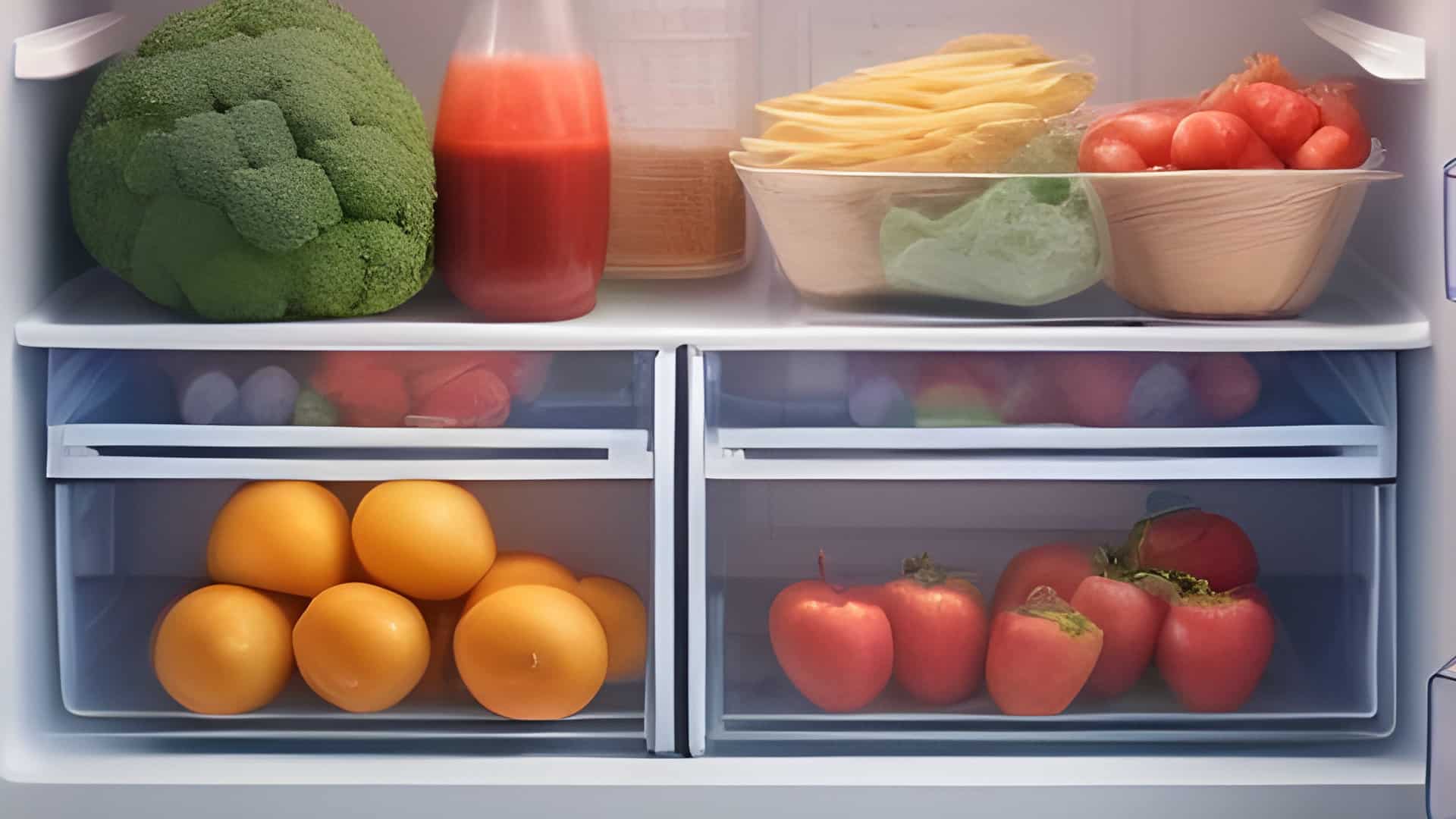
Frigidaire Ice Maker Not Working? 7 Ways to Fix It
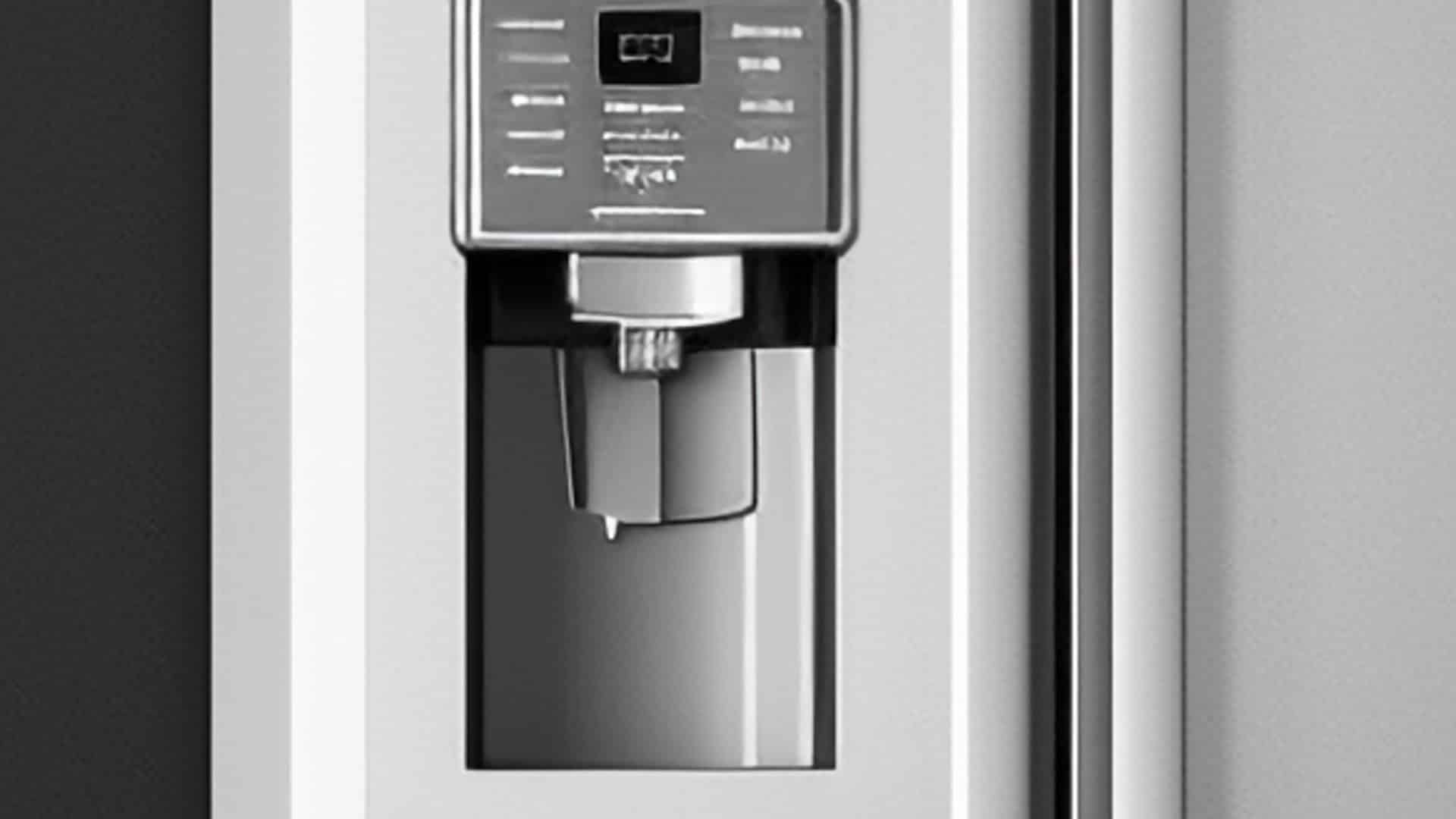
Why Is Your LG Refrigerator Not Cooling? (9 Common Reasons)
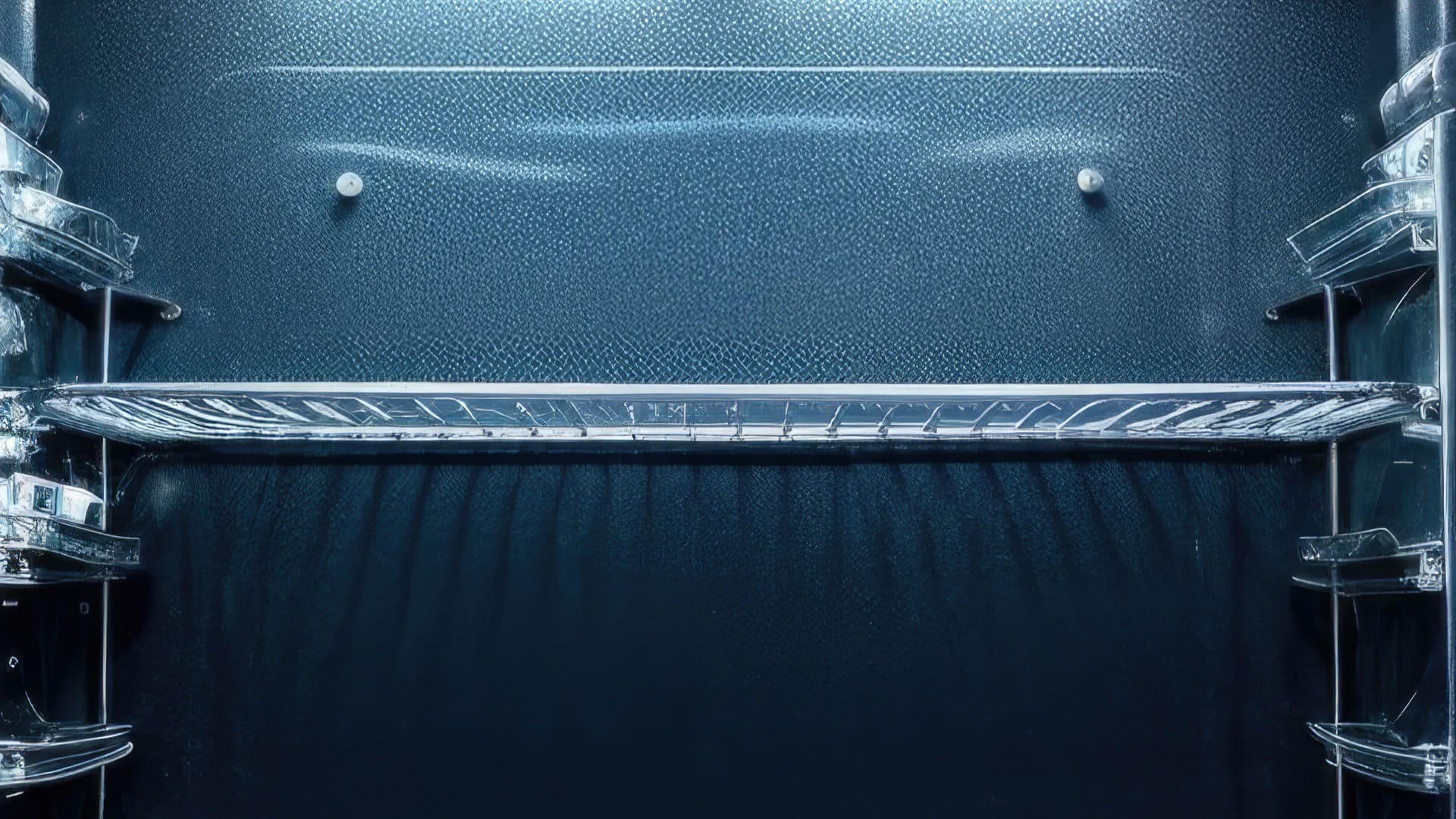
GE Oven F2 Error: Causes & Solutions
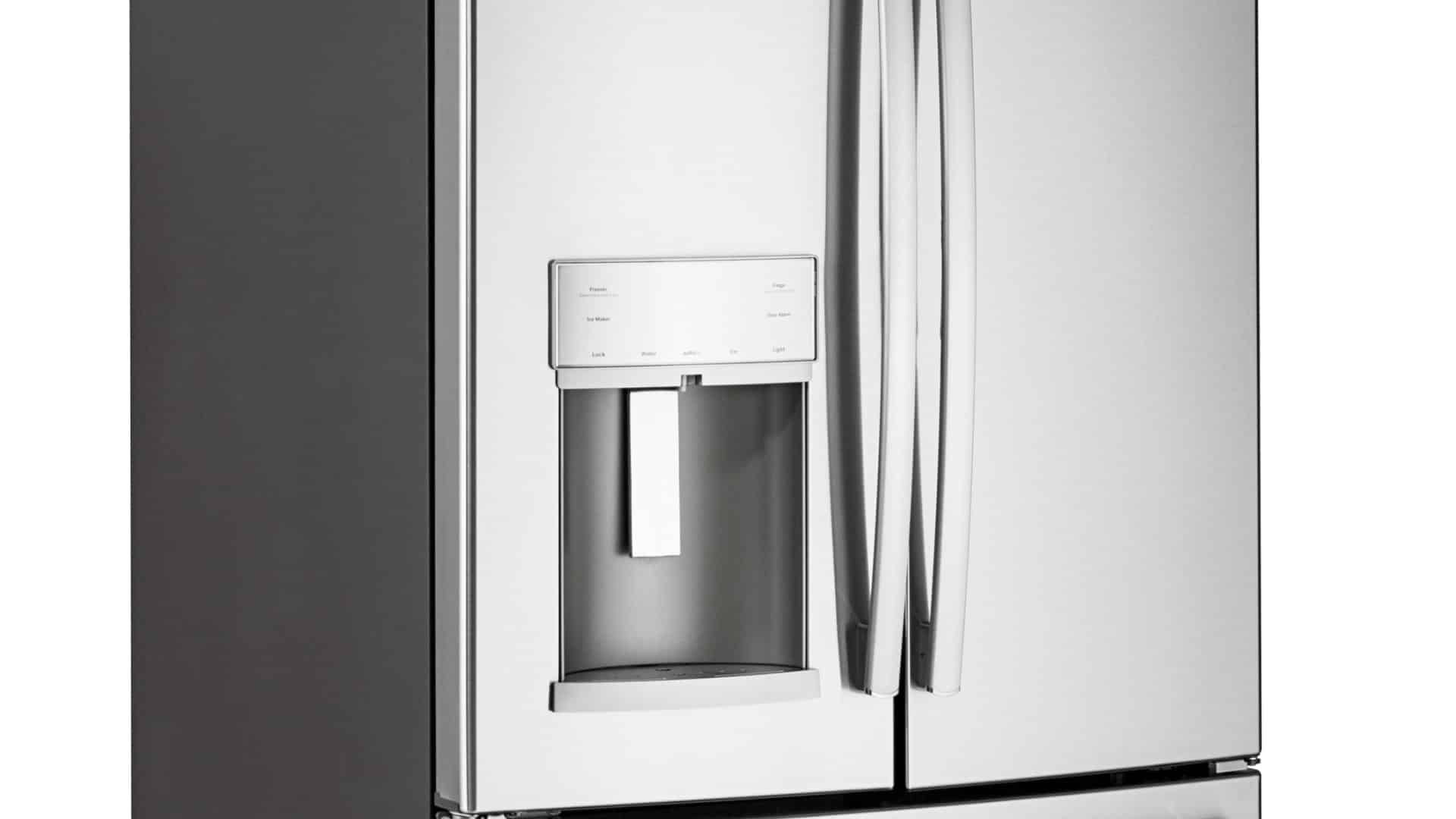
How to Reset the Water Filter Light on a Samsung Refrigerator
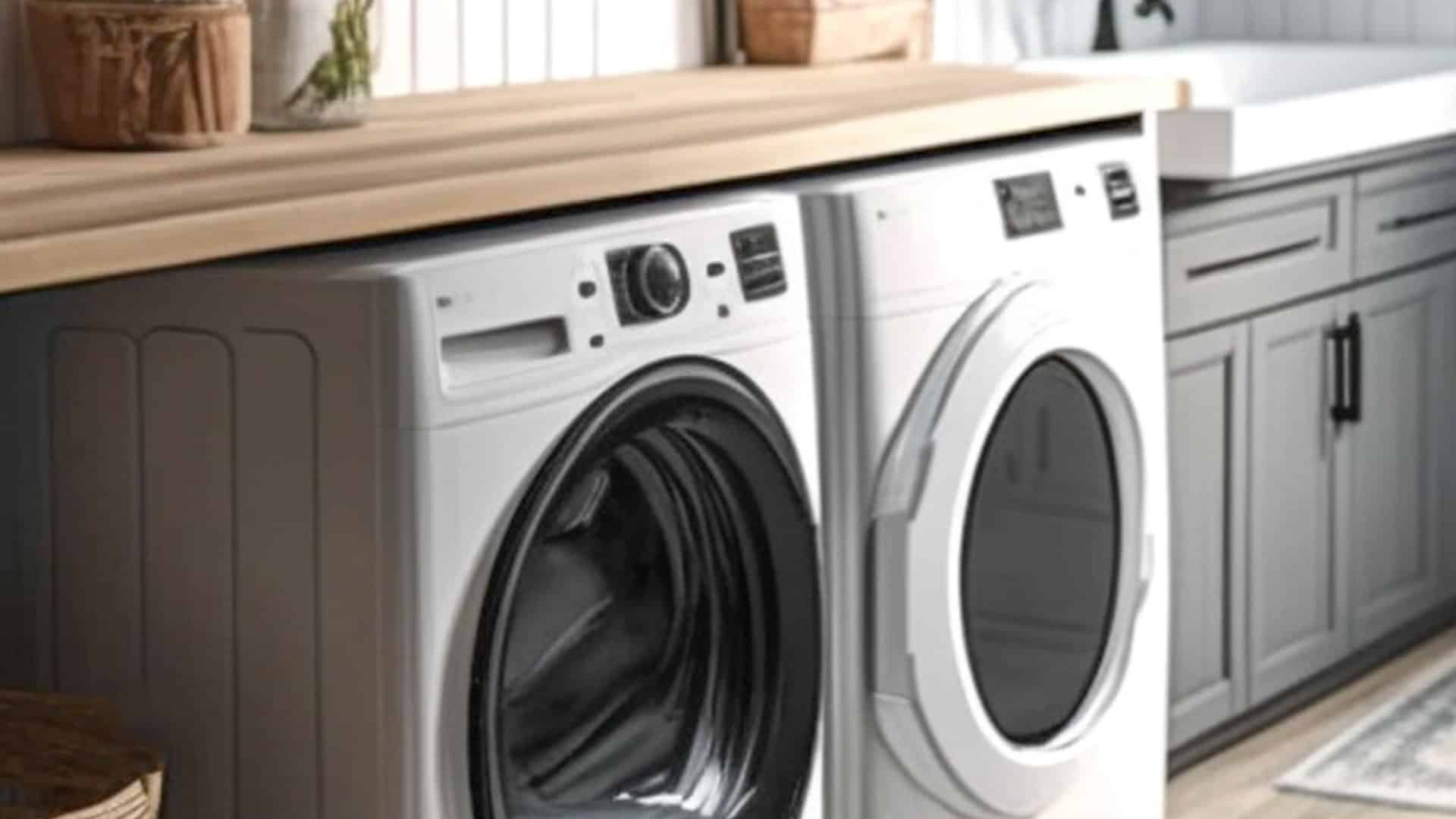
Maytag Washer Showing F5 Error Code? Here’s What To Do
